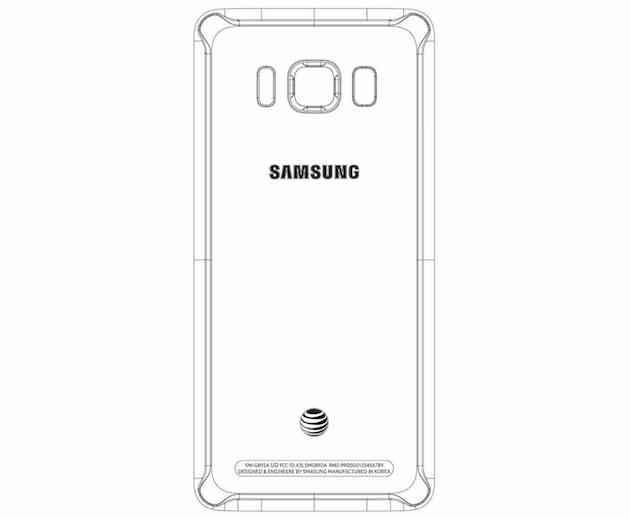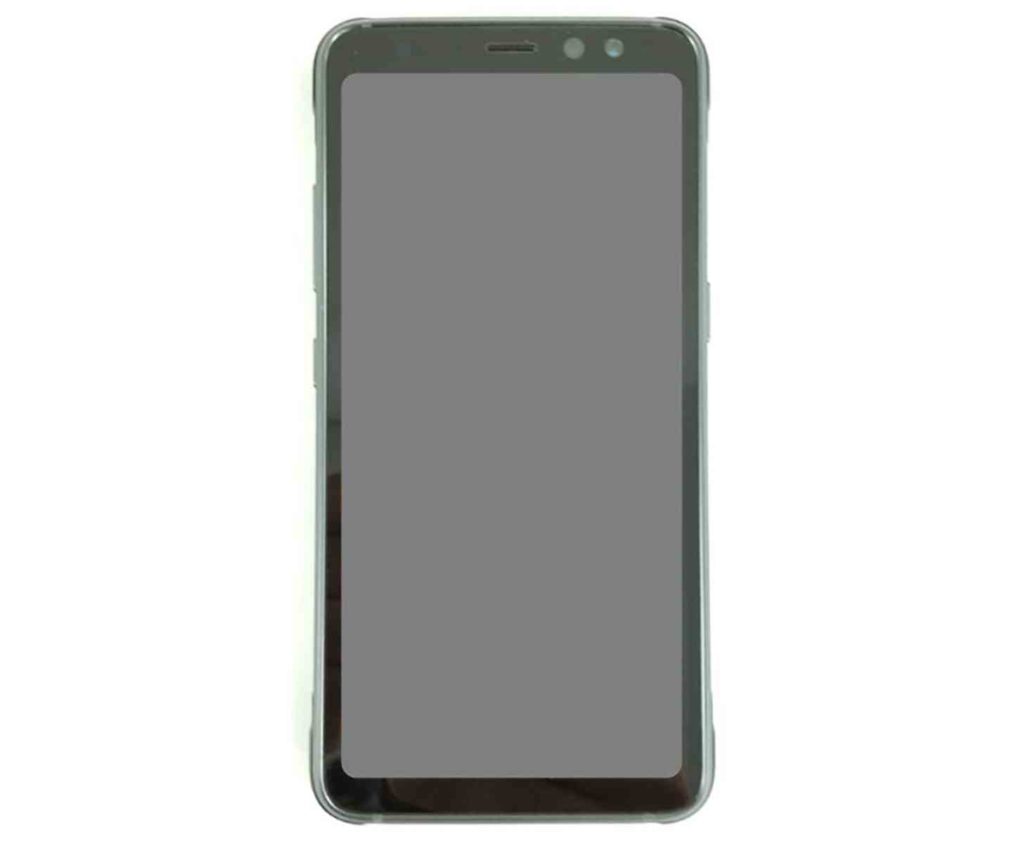
Right now, FM radio chips are present in quite a few phones in several different international markets, but it’s something that’s been missing from U.S.-based devices in a big way.
The second-largest wireless carrier in the United States is looking to change that moving forward, though. AT&T has requested that all of its Android-based devices have FM radio chips installed in them, and activated, moving into 2016. On top of that, any manufacturers that have an FM radio chip currently installed in a device, but may be switched off, AT&T wants them to reverse course and switch them on.
With an FM radio chip, owners will be able to access FM radio stations from their device without using their data connection (as tuning into stations via apps like TuneIn Radio do).
The National Association of Broadcasters had this to say:
“today marks a new beginning in mobile technology with the agreement by a global iconic brand, AT&T, to light up the FM receiver chips in all of its future Android smartphones. With this decision, AT&T’s customers become the biggest beneficiaries, giving them access to local radio news, entertainment, weather, and failsafe emergency alert connectivity. With access to apps like NextRadio, AT&T’s listeners will also enjoy song tagging and interactivity features that have become increasingly popular with younger listeners.”
While this seems generally harmless, the inclusion of a statement like, “With access to apps like NextRadio…” might mean that yet another piece of pre-installed software will be equipped on AT&T-branded Android handsets, which isn’t all that positive at all.
What do you think of the idea?
[via PhoneScoop; Engadget]















